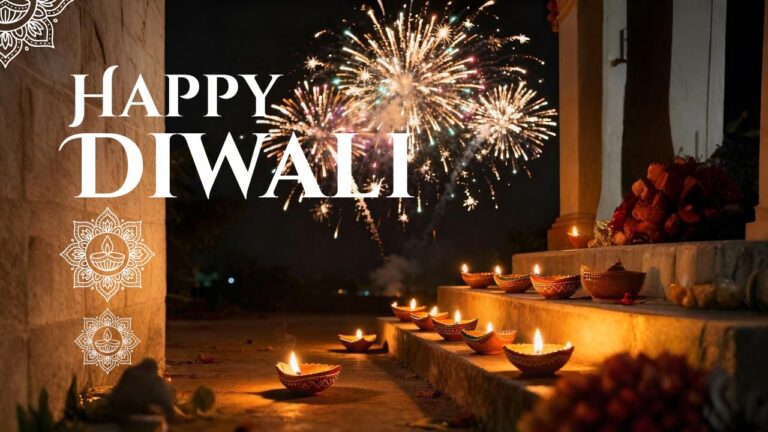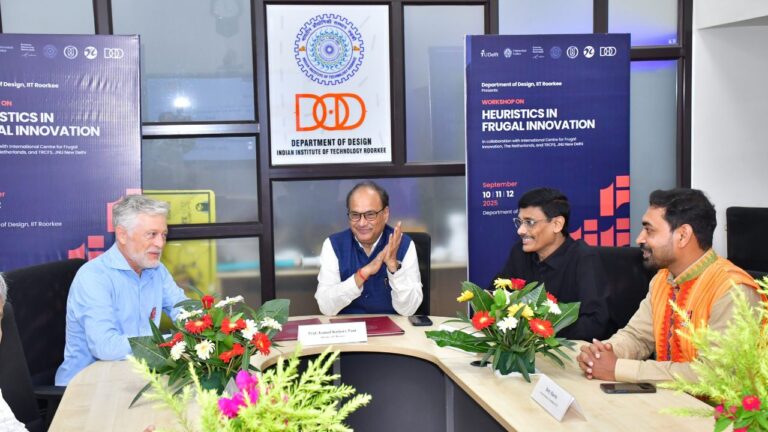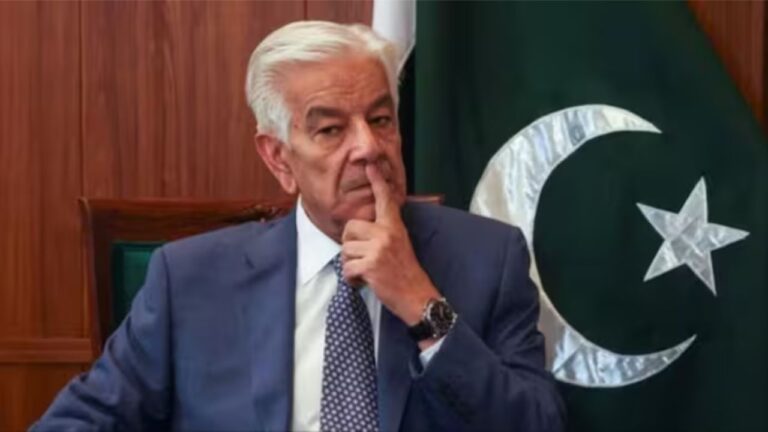
PM-JANMAN: Union Cabinet Approves Rs 24,104 Crore Tribal Welfare Initiative for Particularly Vulnerable Groups
In a groundbreaking move, the Union Cabinet recently approved the Pradhan Mantri Janjati Adivasi Nyaya Maha Abhiyan (PM-JANMAN), a monumental Rs 24,104-crore tribal welfare initiative aimed at uplifting Particularly Vulnerable Tribal Groups (PVTGs). This initiative will impact 40 lakh individuals across 75 tribal communities in 18 states and the Andaman and Nicobar Islands.
PVTGs in India, a sub-classification of Scheduled Tribes, are considered more vulnerable than regular Scheduled Tribes. Formerly known as Primitive Tribal Groups, their vulnerability stems from various factors, including geographical isolation, pre-agricultural level of technology, and a stagnant or declining population. The highest concentration of PVTGs in India is observed in the state of Odisha, as indicated by data from the Ministry of Tribal Affairs and the 2011 Census.
The core focus of PM-JANMAN revolves around key elements crucial for holistic development, including housing, education, healthcare, connectivity, and livelihood opportunities. By addressing these fundamental aspects, the initiative aims to break the cycle of poverty and improve the overall well-being of the tribal communities.
Housing is a fundamental pillar of the initiative, aiming to provide secure and sustainable living conditions for PVTGs. Education, another crucial component, is envisioned to empower tribal youth with knowledge and skills, opening doors to a brighter future. Healthcare initiatives within PM-JANMAN seek to ensure access to quality medical services, addressing long-standing health disparities in tribal areas.
Connectivity emerges as a vital aspect, emphasizing infrastructure development to bridge geographical gaps and enhance accessibility. Improved connectivity is expected to facilitate economic activities and empower tribal communities to engage with the mainstream economy. Livelihood opportunities are a key driver of sustainable development, promoting self-reliance and economic empowerment among PVTGs.
The comprehensive nature of PM-JANMAN reflects a commitment to inclusive development, acknowledging the unique challenges faced by tribal communities. By targeting specific vulnerabilities and providing tailored interventions, the initiative sets the stage for a more equitable and empowered future for India’s tribal population.




